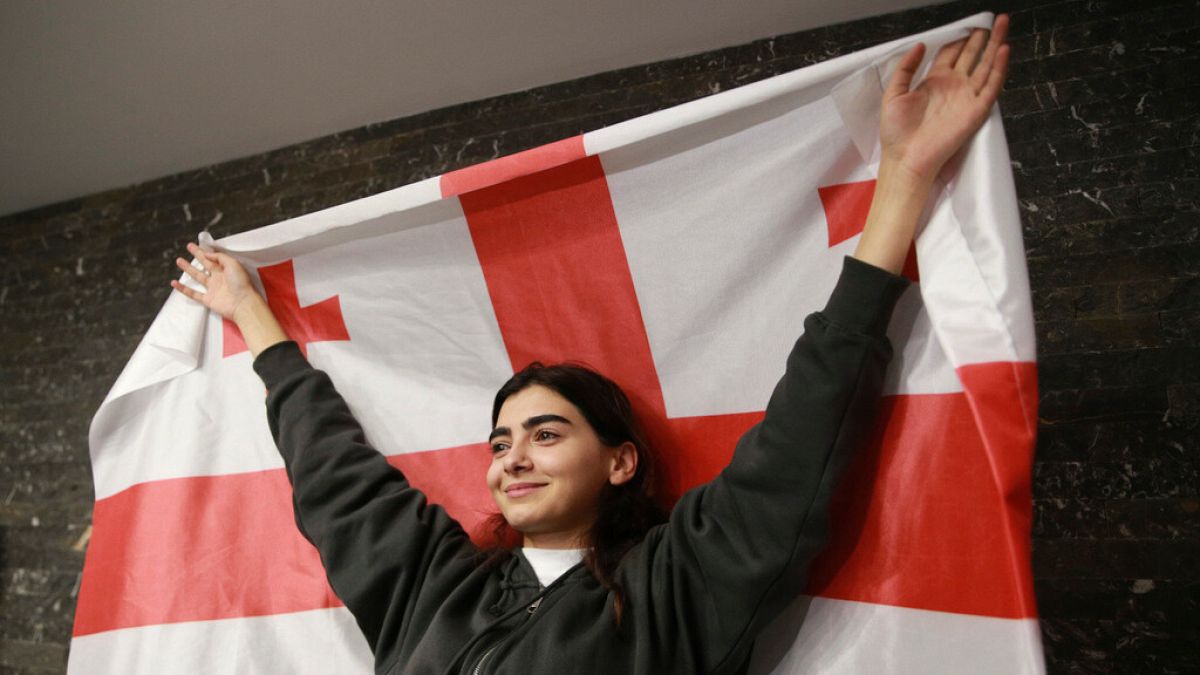The recent election in Georgia has caused controversy as the ruling Georgian Dream party claimed a majority based on data from the electoral commission, but four main opposition parties refused to accept the result, alleging that the election was rigged. Despite Georgian Dream’s announcement of victory with 54% of the vote, the opposition parties gathered 37% and disputed the results citing discrepancies in the data. The opposition claimed that the voting violations, including incidents of ballot stuffing, led to an unfair outcome.
Opposition parties reacted strongly to Georgian Dream’s victory, with some accusing the Central Electoral Commission of manipulating the results in favor of the ruling party. They pointed to high numbers of Georgian Dream votes in opposition strongholds like Tbilisi, which seemed inconsistent with the preliminary results. The opposition refused to accept the election outcome, stating that the elections had been stolen. The European Parliament confirmed that the elections were monitored by both domestic and international observers, with results still pending.
The election in Georgia intensified bitter divisions between the ruling party and the opposition, with both sides making stark accusations against each other. Georgian Dream’s leader, Bidzina Ivanishvili, threatened to ban opposition parties if his party won a constitutional majority. The opposition, on the other hand, accused the ruling party of war crimes against the Georgian people. The tension between the two sides has escalated following the disputed election results.
The opposition parties framed the election as a crucial moment for Georgia’s future in the European Union. The EU had granted Georgia candidate membership status last year, but it was frozen due to the passage of the “foreign agents” bill by Georgian Dream, which was criticized for being similar to legislation in Russia. The opposition parties, aligned under President Salome Zourabichvili’s “Georgian Charter,” promised immediate reforms to reopen Georgia’s EU membership talks if they won the majority. However, with Georgian Dream claiming victory, the future of Georgia’s EU ambitions remains uncertain.
European leaders have been relatively quiet about the election results, with only Hungary’s Viktor Orbán congratulating Georgian Dream. The international community will be closely monitoring the situation in Georgia as the political tensions continue to rise. It remains to be seen how the disputed election results will impact Georgia’s relationship with the European Union and its democratic institutions. The handling of the aftermath of this election will be crucial in determining Georgia’s future trajectory in the international arena.










